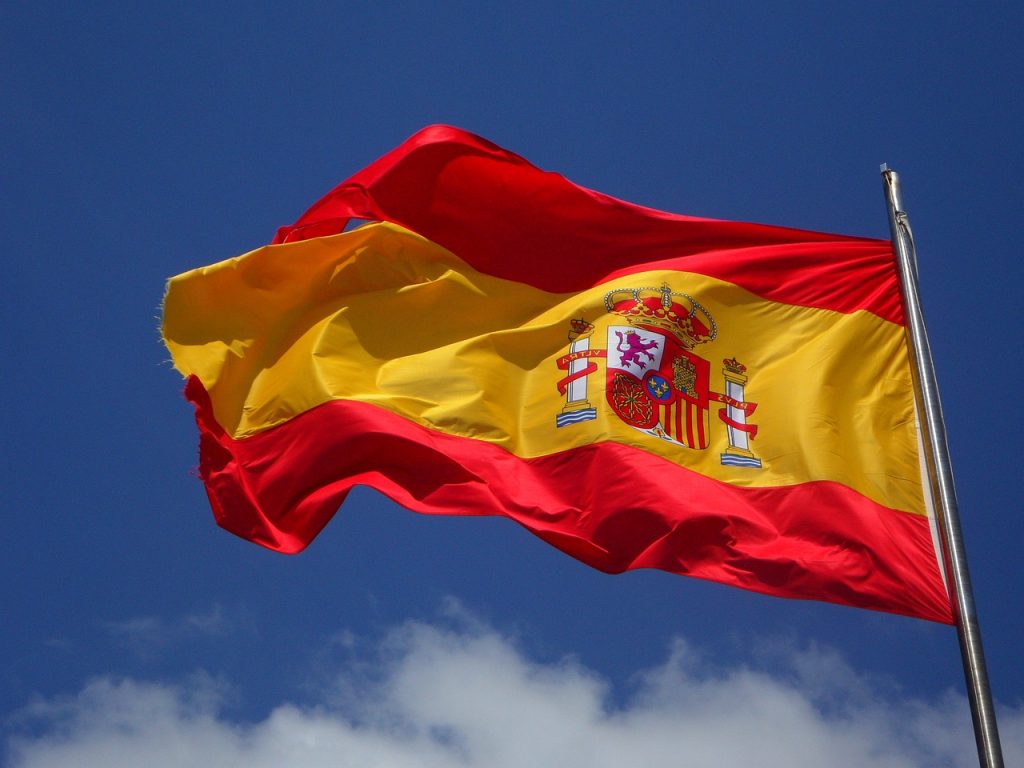The flood disaster in Spain worsened this week, as the death toll rose to at least 205 in what has now become the deadliest flood event in the nation’s modern history. Valencia remains under an amber weather alert, with residents and officials preparing for more potential rainfall in already devastated regions. Since Wednesday, emergency responders have been scrambling to reach isolated communities, as thousands remain stranded without basic necessities like food, water, and electricity.
Ongoing Flood Warnings and Escalated Emergency Response
Spain’s weather agency, Aemet, announced Friday that the storm is far from over. “The meteorological emergency is not over. The storm still continues over Spain,” the agency posted, underscoring the ongoing risk in four Spanish regions, including Valencia. Days after initial floods swept away homes, cars, and entire streets, rivers of mud have left many communities unreachable by road.
To assist overwhelmed local responders, the Spanish government has deployed more than 1,700 soldiers to aid rescue efforts in Valencia and other affected areas. Spain’s Defense Minister Margarita Robles pledged additional reinforcements, sending another 500 soldiers on Saturday. Robles expressed sorrow over the unprecedented scale of the disaster, saying, “This is a storm that is unprecedented, not just in this century but even in the last.” She also connected the event to the global climate crisis, emphasizing how climate change has made extreme weather, including storms, more intense and frequent.
Local Volunteers Step Up as Authorities Warn of Access Risks
While emergency teams work tirelessly, residents from unaffected areas of Valencia have shown remarkable solidarity by trekking on foot with supplies to reach the hardest-hit communities. However, regional authorities cautioned against these well-meaning efforts, noting that blocked roads and damaged infrastructure make entry to some areas hazardous. “We ask that you please do not travel to these areas because the roads are collapsing and emergency services cannot access them,” the regional government posted on social media.
Carlos Mazón, Valencia’s regional leader, urged volunteers to allow emergency responders the space they need to operate effectively. “It is imperative that they go home,” Mazón stated, as he stressed the need for clear access for rescue and recovery operations.
Struggles in Hardest-Hit Towns: “We’ve Been Forgotten”
In Alfafar, a town just south of Valencia, Mayor Juan Ramón Adsuara voiced frustration over the lack of outside assistance. He highlighted the dire situation residents face as they grapple with widespread destruction and limited resources. “We’ve been forgotten,” Adsuara told local media. In a plea for help, he described scenes of people coexisting with deceased loved ones in their homes and said the town was forced to empty a supermarket to provide food for its residents.
The crisis in Alfafar mirrors the broader desperation across Valencia’s hardest-hit areas. Emilio Cuartero, a resident of nearby Masanasa, shared with the Associated Press that residents urgently need machinery and other heavy equipment to clear access points and reach stranded individuals. “We need machinery, cranes, so that the sites can be accessed. We need a lot of help. And bread and water,” he said.
The Role of Delayed Warnings in the Rising Death Toll
The government’s delayed flood warnings have become a point of contention among residents who believe early alerts could have saved lives. Although Aemet issued a red alert Tuesday morning, Spain’s civil protection services didn’t notify residents to stay indoors until 8 p.m., hours after floods had already ravaged parts of the region. In areas like La Torre, residents see a direct link between the delayed warning and the fatalities. “If they had warned us, these deaths would not have happened,” said Laura Villaescusa, reflecting the frustration of many.
Climate Crisis Brings Increased Frequency and Intensity of Disasters
For many, the flood disaster serves as a wake-up call to the escalating effects of climate change. Robles and other officials highlighted how climate-driven extreme weather events are now a reality Spain must prepare for, particularly as storms and heatwaves grow in both frequency and strength.
As emergency crews and volunteers continue their work, the focus remains on immediate relief and ensuring that those stranded have access to necessities. However, for the residents of Valencia and surrounding areas, the disaster has sparked deeper questions about preparedness and the need for structural changes to protect vulnerable communities in a warming world.


